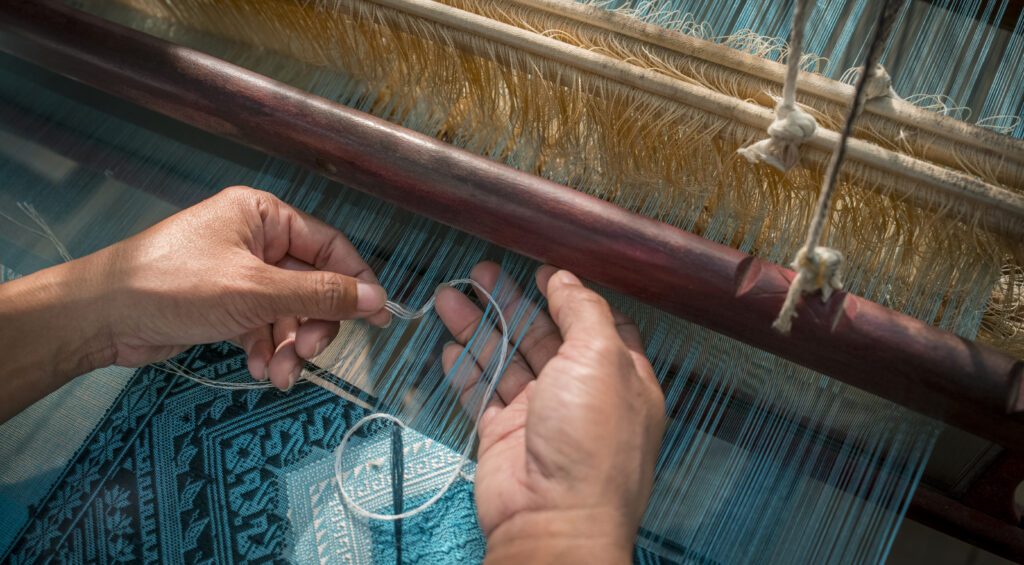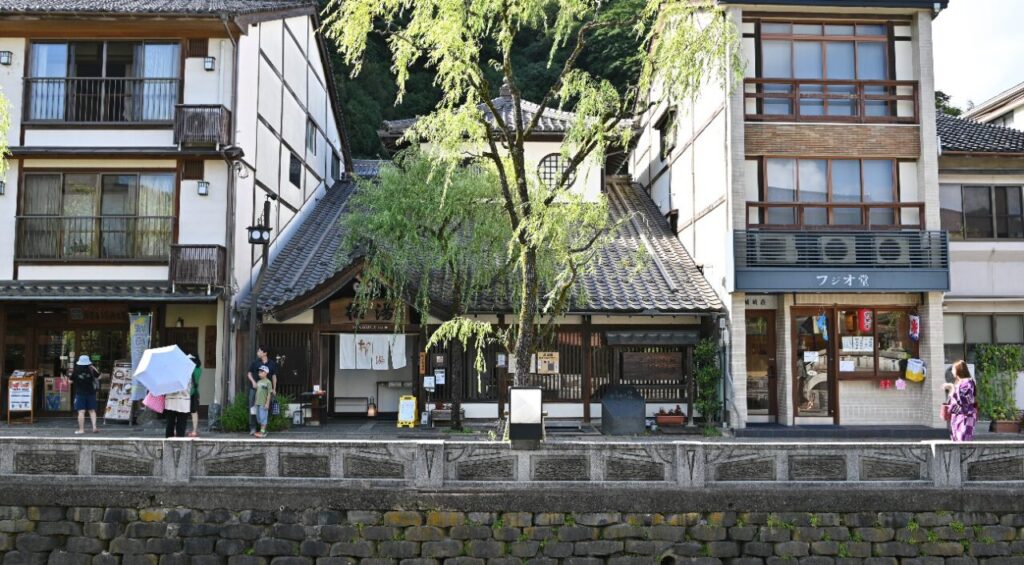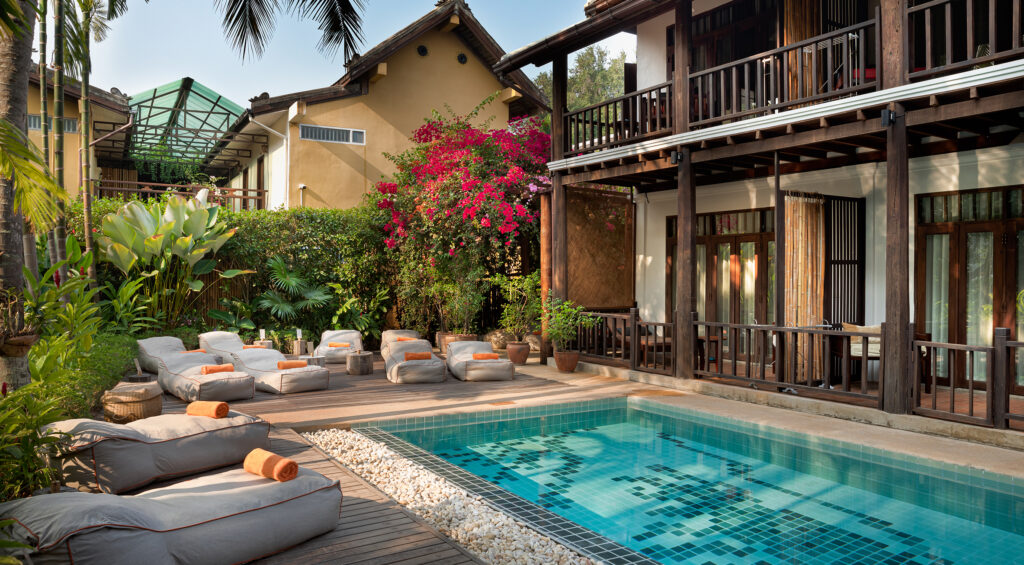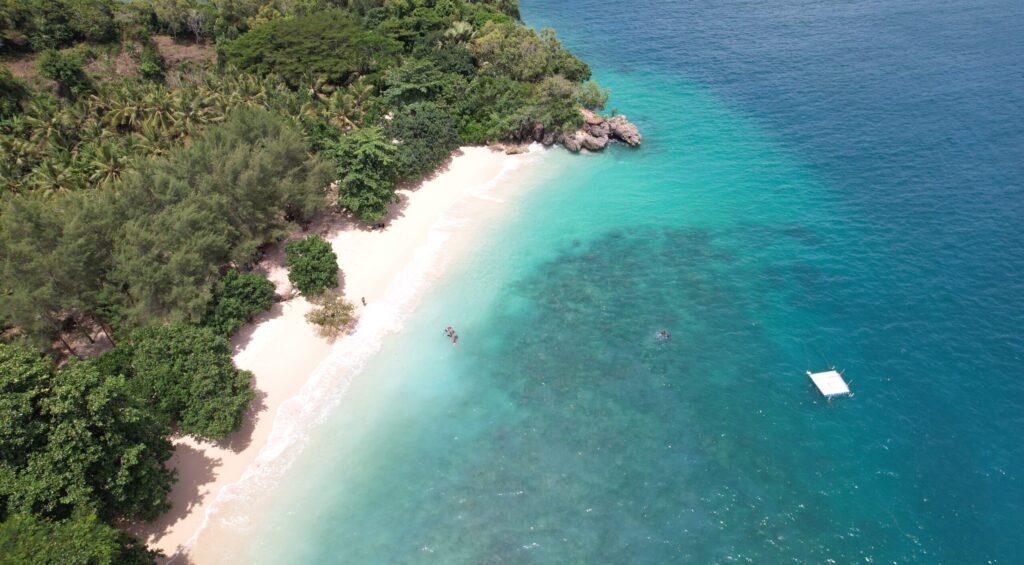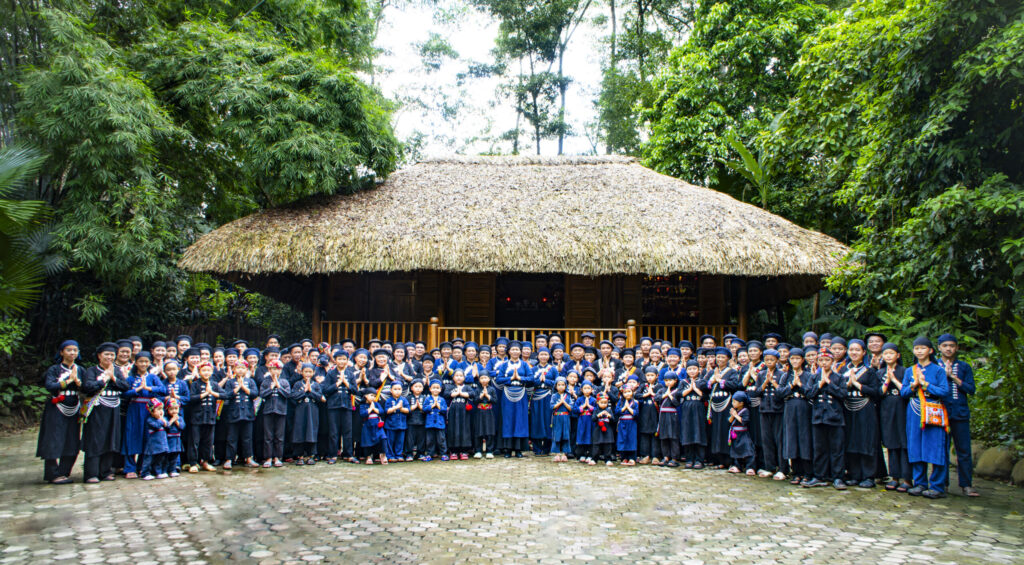Published on October 23, 2025
Nurturing tradition, cultivating tomorrow: Brunei’s Eco Ponies Garden
In the heart of Brunei’s Tutong District, Eco Ponies Garden is a compelling example of how community-led tourism can foster cultural preservation and sustainable development. Founded in 2015 by Ms Eyon Ukoi, the initiative began as a humble garden project that has since evolved into a vibrant centre for learning, cultural exchange, and ecological stewardship. Conceived to showcase the unique identity of Tutong, which tends to be overshadowed by Brunei’s capital and the popular Temburong district, Eco Ponies Garden challenges conventional tourism narratives. Its impact stems from a community-based approach that combines visitor experiences with job creation, skills development, and intergenerational knowledge-sharing.
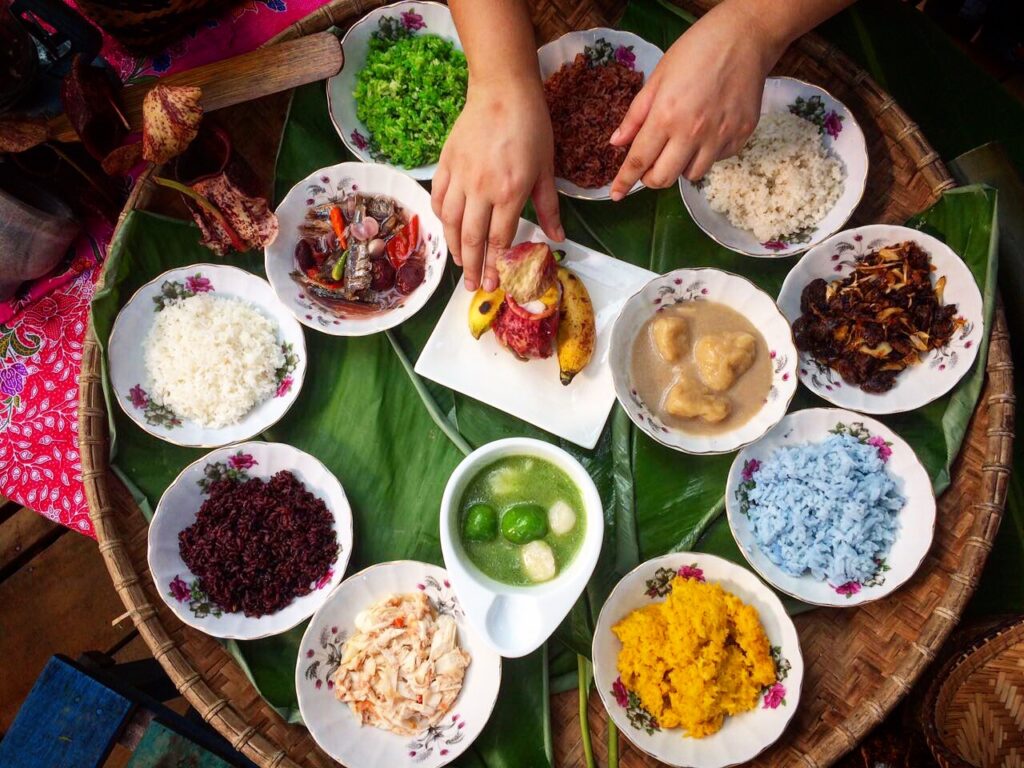
| Project : | Eco Ponies Garden |
| Place : | Tutong District, Brunei Darussalam |
| Initiative : | A community-based tourism initiative that promotes cultural preservation and local economic empowerment. Serves as a living knowledge bank by collecting and safeguarding traditional knowledge, including rare edible plants and family recipes. Empowers young people in the community through hands-on training, digital skills, and leadership opportunities. |
| Actors : | Ms Eyon Ukoi (Founder), local community members, youth leaders, and international volunteers |
A legacy of community and conservation

The story of Eco Ponies Garden is both personal and intergenerational. Ms Ukoi’s father was a pioneer of community farming in the same village, a legacy that she and her family continue to uphold. The project began with young community members, particularly boys aged 16 to 19, who initially helped with basic tasks such as clearing land and tending crops. Their role soon expanded. Drawing on jungle knowledge passed down from their parents, they began foraging for edible plants and selling them at a local farmers’ market, which they helped to organise. This intergenerational collaboration laid the foundation for Eco Ponies’ success, allowing local youth to apply traditional skills in ways that contributed meaningfully to the community.
“Our mission,” says Ukoi, “is to ensure this knowledge isn’t lost when our elders are no longer with us.” To that end, the team began developing tourism experiences based on traditional practices ranging from jungle treks led by elders to hands-on cooking sessions using foraged ingredients. This learning hub model not only offers authentic experiences for visitors but also provides a platform for the community to acknowledge and celebrate its own heritage.
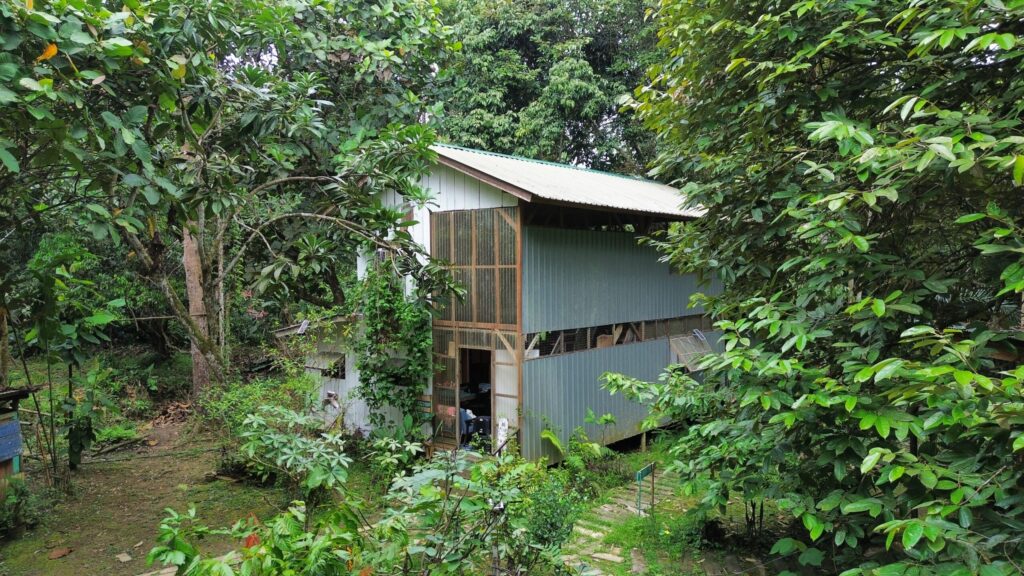
Guarding Brunei’s culinary secrets
One of the project’s most significant achievements is its role as a living knowledge bank for Brunei’s culinary traditions. Ukoi observed that many traditional recipes and knowledge of rare edible plants were at risk of disappearing with the passing of the older generation. To address this, she drew on strong social bonds among the village women to create a shared space where they could exchange treasured family recipes and preserve them for future generations.
This initiative led to the development of signature farm-to-table dining experiences featuring dishes made with ingredients sourced directly from the garden and surrounding jungle. The garden’s identity has expanded; it has now become a sanctuary for rare or forgotten plants that are brought in by villagers to ensure they are not lost. Eco Ponies Garden then encourages neighbouring farmers to cultivate these species, contributing to a more resilient and biodiverse local food system.
And the initiative goes beyond food. The team also documents the stories behind each recipe, tracing traditional medicinal uses, cultural meaning, and the history of specific plants. This is where Eco Ponies Garden truly sets itself apart by serving as a piece of living history.
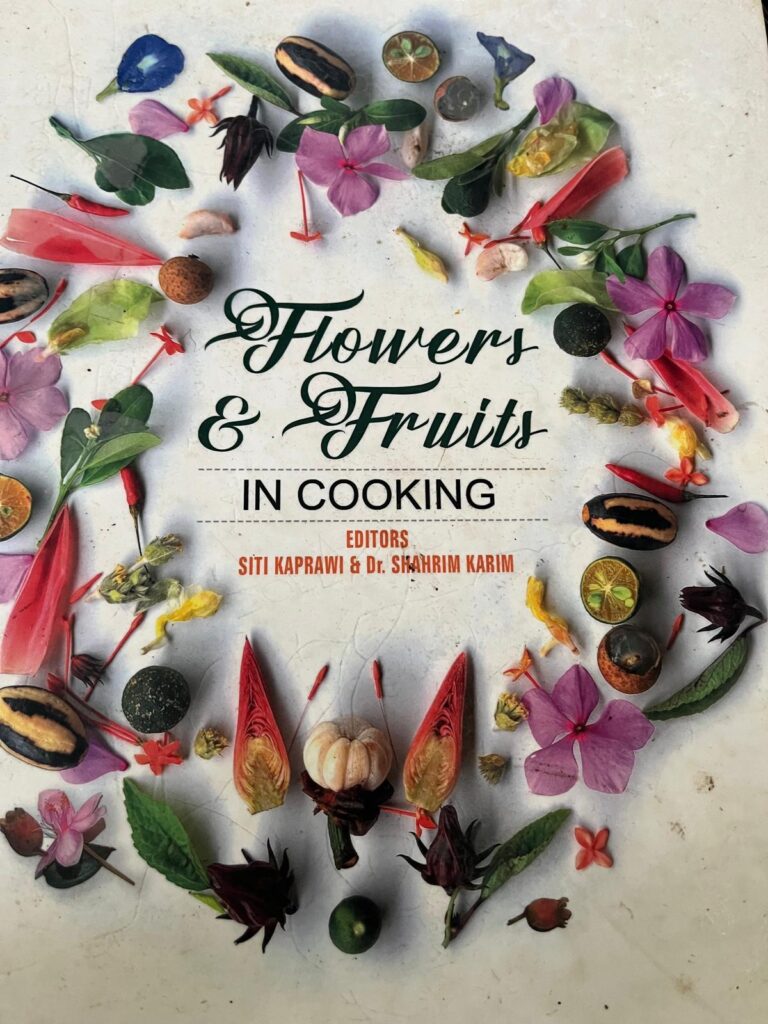
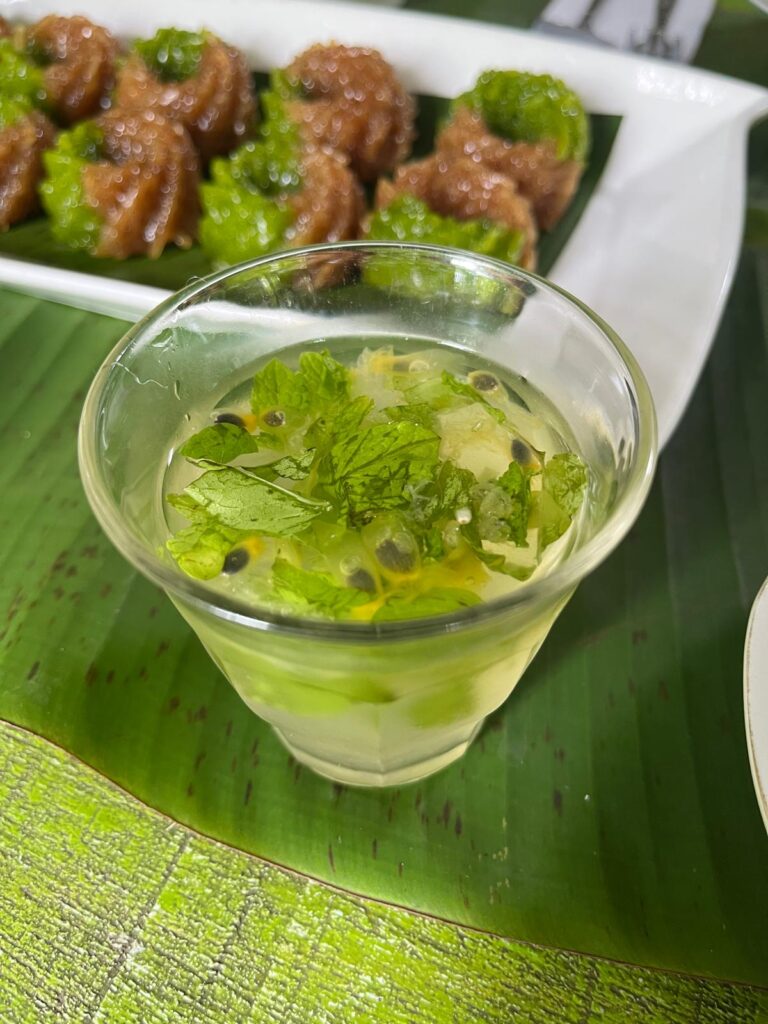
Empowering the next generation

Recognising that the long-term sustainability of the project depends on youth engagement, Eco Ponies Garden established a strong foundation for this purpose. Ms Ukoi invited young community members to join the management team, entrusting them with key responsibilities such as marketing, finance, and event coordination. This hands-on experience equips them with practical skills and a strong sense of having a stake in the community’s future.
The garden’s commitment to youth is exemplified by its collaboration with Ryan, a young leader from a nearby town. Through upskilling workshops, Ryan taught digital skills to both young people and older residents, enabling them to market their own products and participate in the digital economy. This partnership highlights the garden’s role as an incubator for local entrepreneurs.
Eco Ponies Garden also attracts a global network of volunteers through platforms like Workaway, fostering cultural exchange as local youth work alongside international travellers, sharing ideas, building relationships, and learning from diverse perspectives.
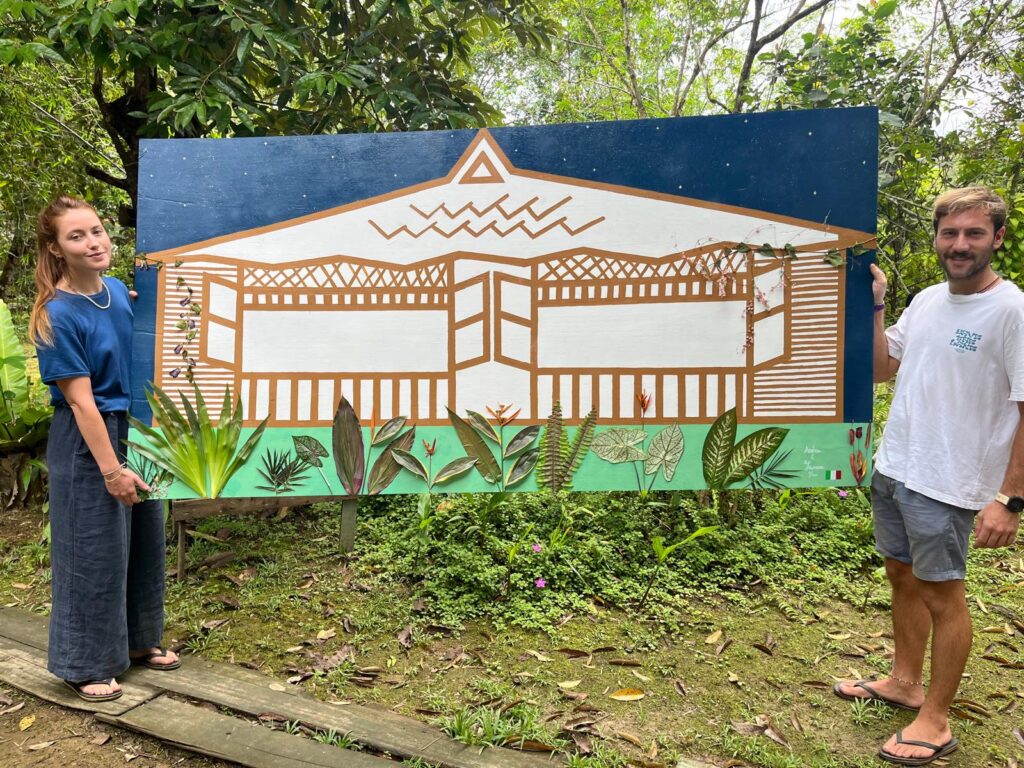
A model for sustainable community tourism
Eco Ponies Garden offers a case study for destinations seeking to build a sustainable tourism model from the ground up. Its success is rooted in the belief that a community’s greatest assets are its people, their knowledge, and their culture. “We feel we are blessed to meet these people,” says Ukoi.
By empowering residents, creating meaningful visitor experiences, and safeguarding the community’s heritage, the garden has become more than a destination. What began as a village initiative has grown into an inspiring example of community-led tourism generating lasting impact, while helping to ensure that Brunei’s cultural traditions will continue to thrive.
Interviewee
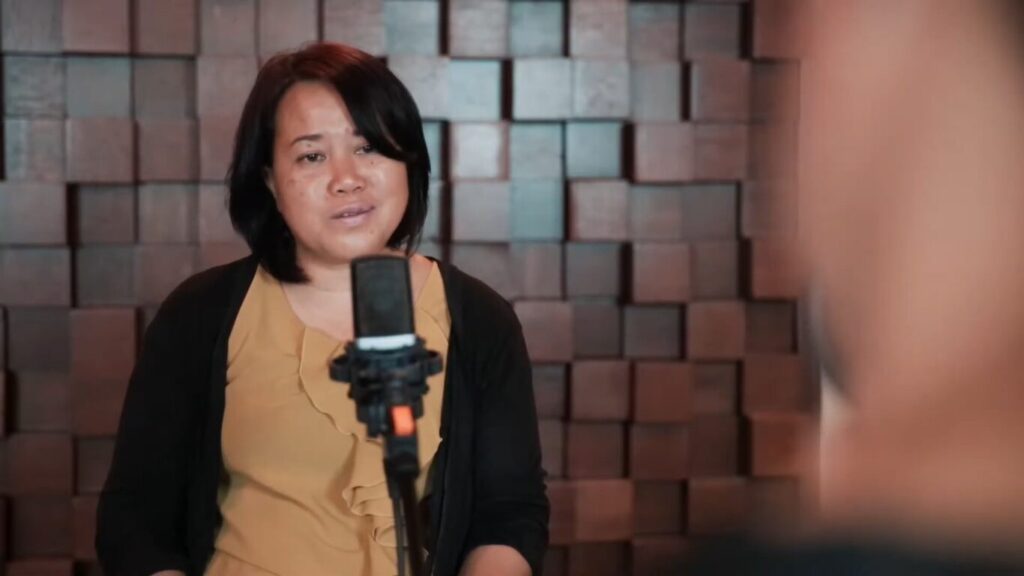
Eyon Ukoi
Founder, Eco Ponies Garden
“Our mission is to ensure this knowledge isn’t lost when our elders are no longer with us.”

